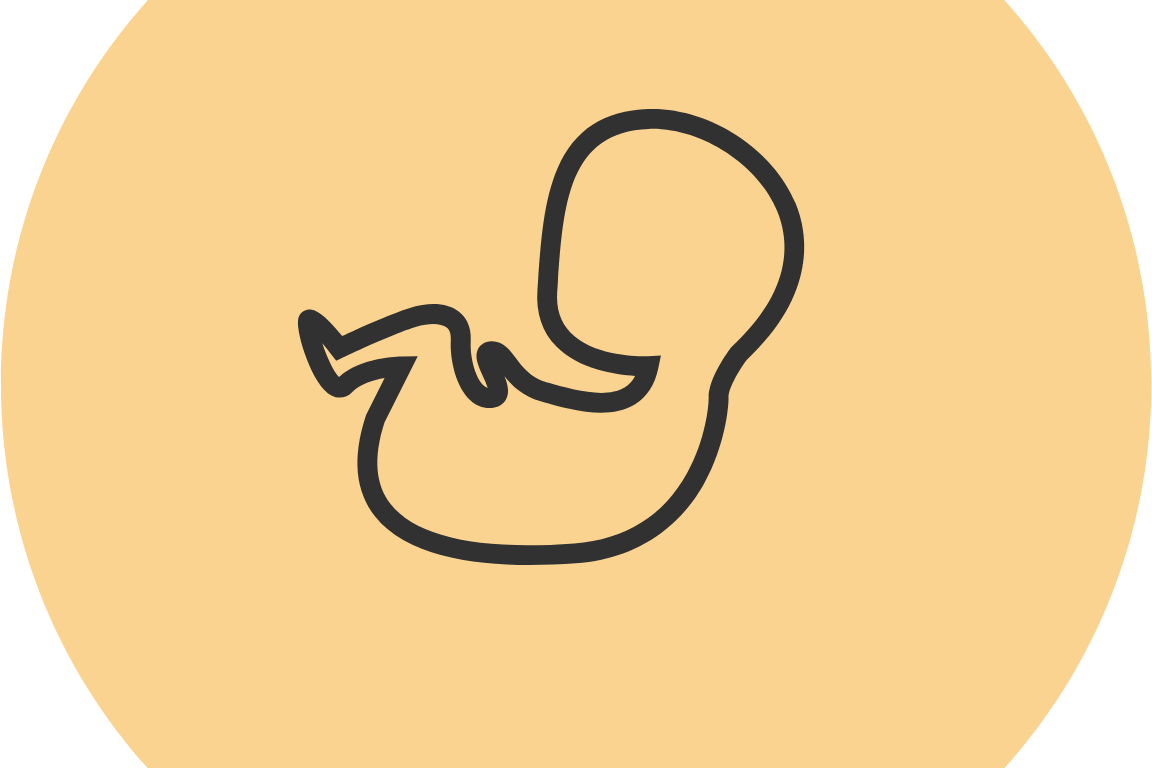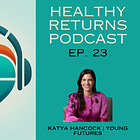#27: Nurturing the Future through Infant Healthcare
Ensuring the healthy and longevity of the next generations.
Progress!
Women’s health is progressing, albeit slowly. Over the past year, we’ve seen:
The White House commit $12B to women’s health research.
Midi Health close a $60m Series B round in April.
150+ VC funds actively investing in women’s health and femtech.
In January, the McKinsey Health Institute released a report outlining the $1T opportunity that lies in closing the women’s health gap. The report highlights an apparent inflection point, where investors are beginning to pay more attention to women’s health.
Infant and pediatric health are similarly underinvested, accounting for only about 5% of total digital health funding in 2023. However, the space is experiencing an inflection point mirroring that of women’s health, driven by recent funding activity around pediatric mental and behavioral health startups.
Infant Healthcare
Unsurprisingly, infant health is partially determined well before a baby is born. For example, whether a pregnant woman consumes alcohol will have lasting effects on her child. In 1977, the CDC released a first-of-its-kind advisory warning against consuming alcohol while pregnant. The report highlighted the potential risks of fetal alcohol spectrum disorders (FASDs) and the associated lifelong physical and developmental disabilities. 1 in 20 US school children have FASDs, and will likely deal with the health burden throughout their lifetime.
Similarly, smoking has long been known to increase the risk of a whole host of health complications such as miscarriage, stillbirth, sudden infant death syndrome, and birth defects. But as smoking and drinking rates fall—especially among pregnant people—infant health has taken on a whole new meaning.
The First 1,000 Days
From what a baby eats to how a baby sleeps to the environment they are first exposed to, a newborn’s first 1,000 days has lasting implications on health and well-being for the rest of their life. The first 1,000 days are when an infant’s brain, body, and immune system grow exponentially—our brain develops quicker during this window of time than any other time in our lives.
Nutrition
Nutrition profoundly impacts brain development, immune system strength, and physical growth. Infant malnutrition plants seeds for a lifelong battle with chronic diseases (obesity, heart disease, stroke) and also widens gaps in socioeconomic status that span generations.
Malnutrition —> Cognitive deficiencies —> Worse academic performance —> Lower earnings —> Stuck in poverty
Proper nutrition can also reverse poor infant microbiome health, having direct implications on predisposition for atopic and chronic disease—issues costing roughly $80B and $189B per year, respectively. Parents sometimes try a “100 First Foods before 1” protocol to foster robust microbiome diversity in their infants.
Sleep
Sleep is one of the most important pillars of physical and mental health development. So it should come as no surprise that newborns need anywhere between 14 to 17 hours of sleep per day.
Poor sleep leads to future learning challenges, physical impairments, and decreased cognitive and emotional regulation. Babies that sleep worse than average are also more likely to struggle with mental health disorders in the future.
Stimulation
While the importance of infant play and socialization cannot be overstated, music’s potential to positively impact infant health remains unrealized. Listening to Mozart won’t make your baby a genius, but listening to any music will help develop all areas of a child’s health.
Music has many of the same benefits on babies as it does on adults, but to a higher degree:
Reduces stress levels
Increases dopamine and oxytocin release
Enhances pattern recognition and creativity
Improves likelihood of being cooperative and friendly
Studies have even shown music’s therapeutic effects on premature infants, even those in neonatal intensive care units, improving heart rate, respiratory rate, and reducing stress levels.
Cradling Innovation
The US has the highest infant mortality rate of any comparable country, but that is more the result of a maternal health crisis than anything else. Ensuring adequate maternal healthcare is the first line of defense for protecting future generations.
Nonetheless, infant health is having a moment, seeing innovations across nutrition, supplements, personalized testing, and sleep:
Pomelo Care provides evidence-based virtual care to improve maternal and newborn health outcomes—raised $46m today.
Tiny Health's microbiome platform for precision child and prenatal health offers insights into infant gut microbiome composition—raised $8.5m Mar. 2024.
ByHeart, an infant nutrition company, makes products for immune, microbiome, cognitive, and digestive health—raised $95m in May 2024.
Nanit created an AI and computer vision-based device that tracks the sleeping and breathing behaviors of babies.
Owlet tracks baby sleep quality through their “dream sock”—gained FDA clearance Nov. 2023.
Coroflo monitors and measures breast milk intake—raised €2.8m Feb. 2024.
Harbor developed an AI-enabled fail-safe solution for baby monitoring—raised $3.7m Feb. 2024.
Hatch makes smart changing pads and scales that track an infant’s growth and development—raised $20m Aug. 2023.
Healthy Futures Ahead
With billions to gain in economic productivity, increased investments into infant health solutions are on the horizon. While parents may be reluctant to address their own health, they are willing to do anything to ensure the wellbeing of their children. Consequently, parents are the “model consumers of healthcare,” driving the growth of the infant and pediatric healthcare market.
What I’m reading this week:
Three Things Healthcare Brands Can Do to Build Trust and Brand Affinity, Halle Tecco
Supporting mental health and addiction recovery: Our investment in Marigold Health, Rock Health
Kroger Health's Little Clinics to offer GLP-1s, Modern Healthcare
Surgeon General: Why I’m Calling for a Warning Label on Social Media Platforms, NYT
Los Angeles School District Votes in Favor of Cellphone Ban, WSJ
Latest Podcast Episode:
Listen Here.





